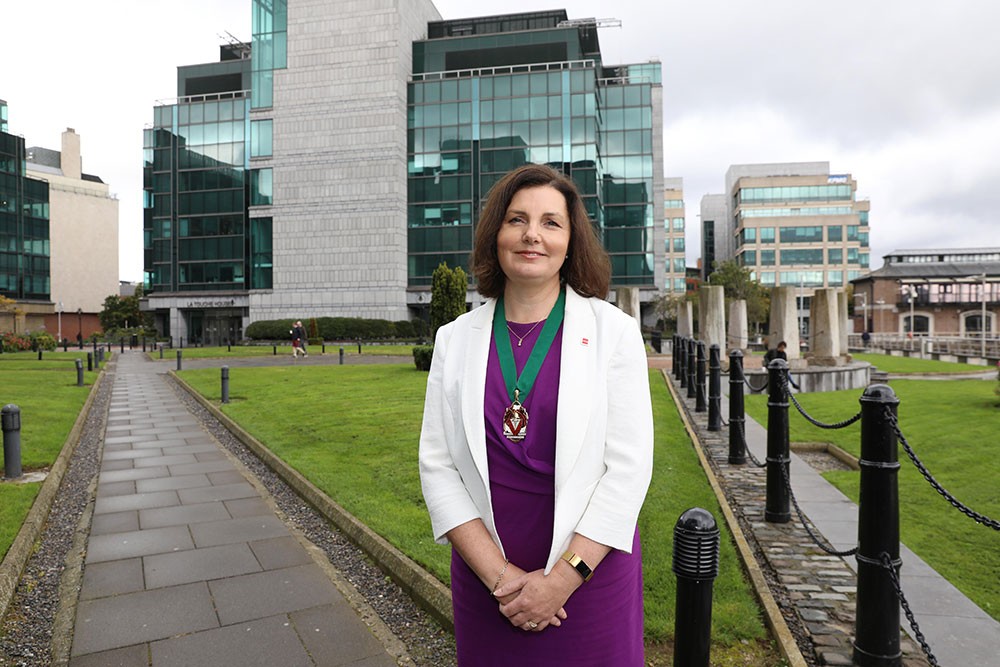
In April 2020, the African Union appointed a team of special envoys to help the continent mobilise international support to address the economic challenges African countries face as a result of the Covid-19 pandemic.
Part of the envoys’ role was to engage with lenders on the deferment of debt and interest payment obligations. Eight months down the line, I question whether the special envoys have delivered on what was expected of them.
Limited moratorium
Early on in the pandemic, the G20 came up with a debt-relief programme for African economies. It came in the form of a six-month moratorium on bilateral government debt repayments for low-income countries, which was subsequently extended for a further six months. It was offered on a take-it-or-leave-it basis, without canvassing the views or considering the situations of individual African debtor nations.
In the event, only a few countries classified as poor and developing economies (Benin, Chad, Togo, Rwanda and DRC among them) qualified for the waiver. Middle-income African economies (including Kenya, Nigeria, Angola, Zambia, South Africa, Ghana and Senegal) all missed out, and so were denied what would have been valuable headroom for debt restructuring.
Meanwhile, China, which is not part of the G20, has failed to come up with a comprehensive debt-relief programme. Indeed, Chinese creditors have continued to collect scheduled interest payments – for example, on Kenya’s Standard Gauge Railway loan.
Lack of action
Chinese loans form a large portion of foreign debt in Africa, with the biggest debtors being Angola, Ethiopia, Zambia, Sudan, DRC and Kenya. The lack of action from Beijing leaves the debt burden on African countries, already elevated due to the pandemic, largely unrelieved.
Only Zambia has announced that it has secured debt relief from Beijing, which was only forthcoming after the country missed payments on its eurobond interest obligations.
The third group that might have offered support is private creditors and bondholders. This group has declined to engage in any debt-relief plan, arguing that they should not be expected to defer their interest payments if sovereign lenders and Bretton Woods institutions are not prepared to do the same.
If a comprehensive debt-relief plan is not forthcoming soon, the medium-term debt sustainability outlook of many African countries is uncertain
Zambia is not alone in struggling to meet its eurobond payment obligations. While it is on the brink of default after eurobond holders rejected the government’s request to delay its overdue interest payments, a number of other countries are also in a vulnerable financial position, having also failed to gain any headroom from G20 members and China to restructure their debts and lessen the overall debt burden.
If a comprehensive debt-relief plan is not forthcoming soon, the medium-term debt sustainability outlook of many African countries is uncertain. To achieve a sustainable recovery, governments will need to reorganise their revenues and invest in the economy to spur sustainable economic growth at a faster rate than their debt.
So far, there is no path for that recovery that does not compromise their debt sustainability. On that basis, it seems to me that the African Union’s special envoys have failed in their mission.
For more on Africa’s growing debt crisis, watch out for Okey Umeano’s article on the debt service burden and how to reduce it, which will appear in December.




